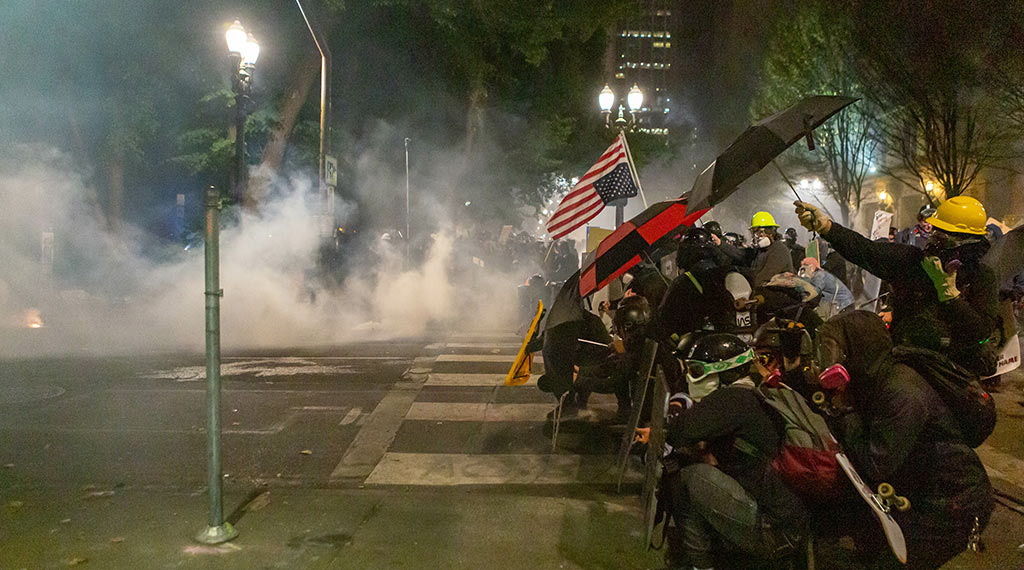‘They created an industry’: How Leftists gaslight Americans on extremism

Editor’s Note: This article by Sarah Weaver features an interview with CSP’s Director of Homeland Security and Counterterrorism, Kyle Shideler.
Democrats’ final pitch to Americans this November as the midterms approached couldn’t have been more clear: Republicans are “extremists” hellbent on destroying Democracy.
Joe Biden infamously declared that “Donald Trump and the MAGA Republicans represent an extremism that threatens the very foundations of our republic” at a September speech in Philadelphia. But 50 million Americans voted for Donald Trump in 2016 — 50 million Americans who, according to their president, are fringe “extremists.”
____
Kyle Shideler, the director and senior analyst for homeland security and counterterrorism at the Center for Security Policy, said the term “extremist” is problematic from the start.
“I think we should discard the term altogether. If we need to talk about ideologies that potentially lead to violence, we need to talk about those ideologies on their own terms. So if we have concerns about Neo-Nazi groups, we should talk about neo-nazism,” Shideler told the Caller. “Same thing if we’re concerned about anarchists like Antifa. You don’t need a blanket term to do it. We should identify groups and ideologies on their own terms.”
In June 2021, the Biden White House released a National Strategy for Countering Domestic Terrorism, which claimed that domestic terrorism comes from “racial or ethnically motivated violent extremists and networks whose racial, ethnic, or religious hatred leads them toward violence, as well as those whom they encourage to take violent action.”
The document not only decries “explicit” calls for violence against religious and ethnic minorities, but also words that are “less explicit, lurking in ideologies.” Chief among these ideologies are, according to the document, “conspiracy theories and other forms of disinformation and misinformation.”
Shideler told the Caller that the government’s use of the term “extremism” blurs the line between speech that calls for violence and constitutionally protected speech, causing the government to censor speech which they claim is so extreme that it leads to violence.
“It’s a sort of bait and switch that’s been perpetuated, because they will use the term extremist and say not everyone who is an extremist is a terrorist and they have first amendment rights … But then they will turn around and say ‘oh there’s a rise in extremism.’ And so they dance between whether they’re talking about people who are actually engaged in criminality or people who hold certain ideas,” he added.
- Think globally, act locally to put a stop to mass disruptions - April 17, 2024
- Anarchist orchestrated “economic blockade” is about more than Palestine - April 16, 2024
- Return of the sheriff - February 27, 2024
